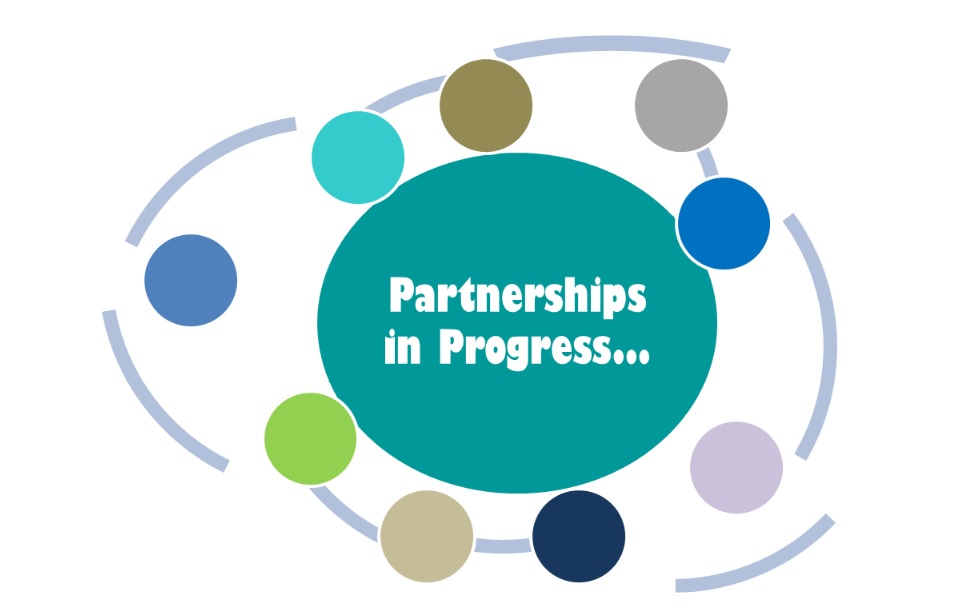New interim report establishes impact of MEAM coalition on policy and practice

A small, yet considerable, segment of the population lives in a situation of extreme vulnerability due to facing multiple challenges such as homelessness, substance misuse, mental health conditions and offending. The siloed nature of the provision of public services addressing these issues perpetuates a cycle of precariousness, while the low salience of this topic in the public debate maintains the status quo. In recent years, awareness concerning the issue of multiple needs and exclusions has begun to increase, and the topic is no longer off the agenda of decision-makers.
According to a recent interim evaluation by Jean Barclay, the Making Every Adult Matter coalition has been instrumental to this change, ‘raising the issue of multiple needs regularly and clearly in contacts with policy makers’ and ‘making a significant contribution to the evidence base from the economic and social evaluation of the initial MEAM pilots’. Indeed, since 2009, this coalition of four organisations (Clinks, DrugScope, Homeless Link and Mind) has worked to influence national policy and local practice to develop coordinated services able to support people experiencing multiple needs fulfil their potential and contribute to their communities.
The recently released interim report looks at the dramatically evolving context of MEAM’s work to, then, assess the impact of the coalition both on policy and practice, and in the ecology of support for social change.
You can read the Final Report and the Executive Summary by clicking on the links.
The UK Branch of the Calouste Gulbenkian Foundation, whose objective is to enable long-term improvements in wellbeing, particularly for the most vulnerable, through creating connections across boundaries, is a founder funder of the MEAM coalition.
